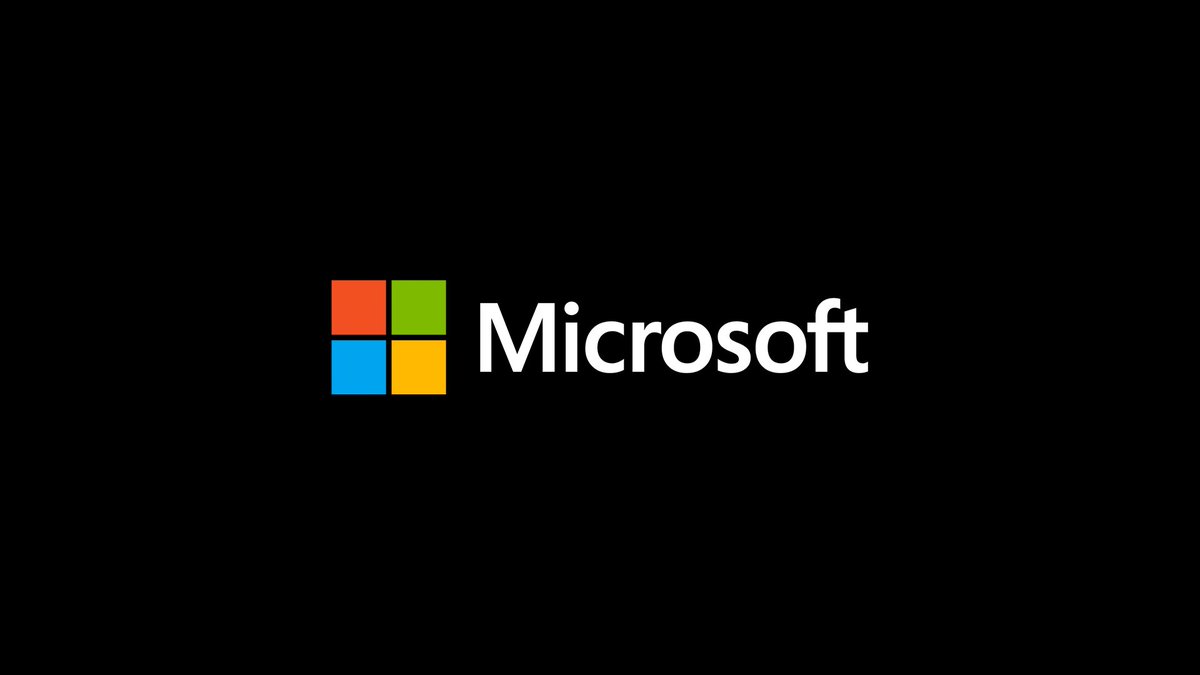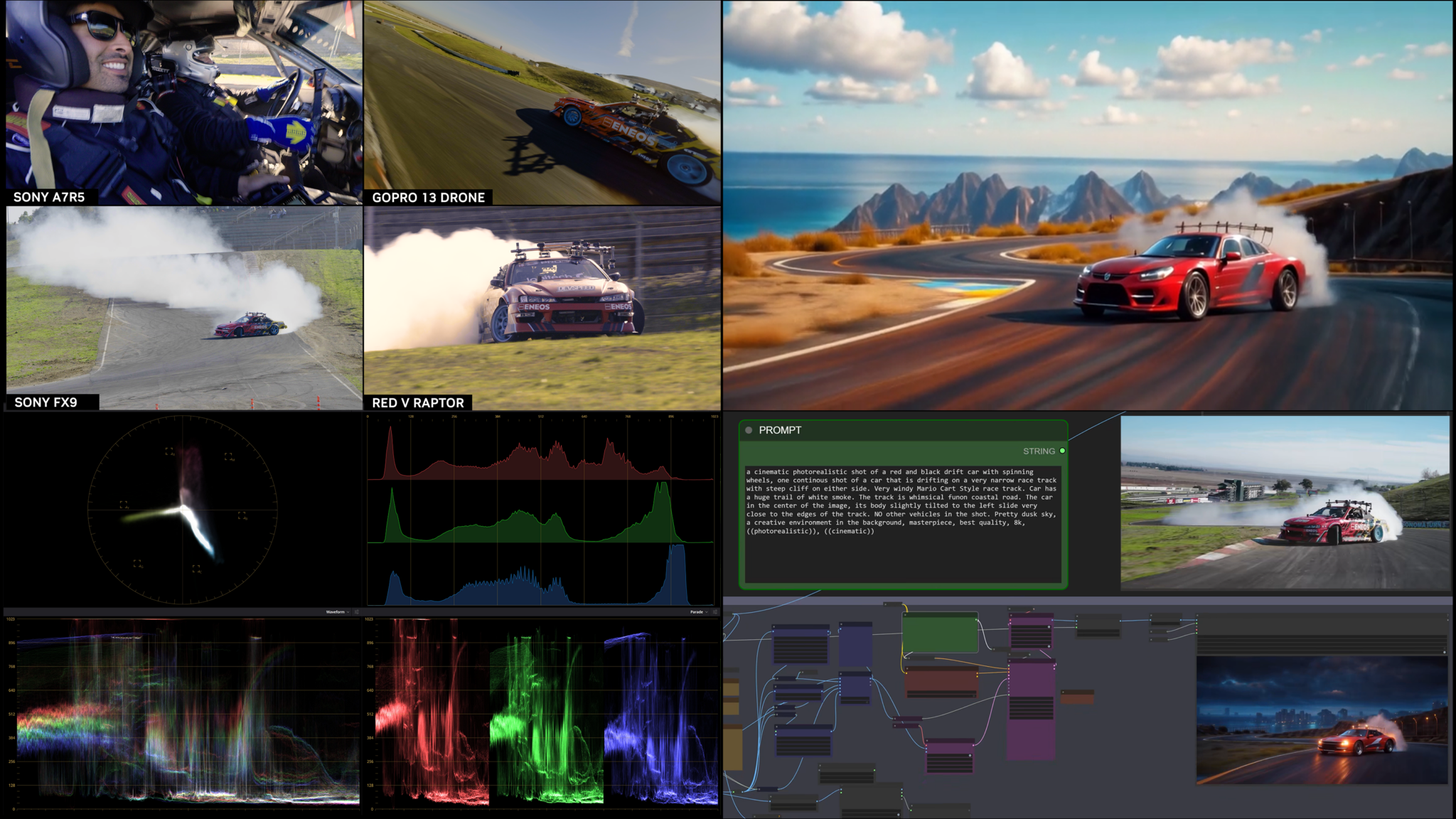
Announced as preview in July, AWS App Studio is a generative AI-powered application development service that enables users to create applications using natural language, without the need for professional software development skills. In that post, I covered how AWS App Studio helps you build secure, scalable applications and eliminates operational overhead by fully managing each application.
App Studio empowers a new set of builders to create business applications. Whether you are an IT Project Manager, Data Engineer, Enterprise Architect, or Solution Architect, simply describe your requirements in natural language, within minutes, App Studio generates fully functional applications complete with multipage UIs, data models, and custom business logic.
Today, we’re excited to announce that AWS App Studio is now generally available in the US West (Oregon) and Europe (Ireland) AWS Regions.
Building on feedback from the preview, we are introducing several new features to enhance your app building experience:
- Modify your applications with natural language
- Add intelligence to your app with a new generative AI component
- Generate and add custom business logic with natural language
- Customize your app’s theme and style
Modify your applications with natural language
During the preview period, customers shared with us that they enjoy and appreciate generating fully functional applications using natural language prompts. However, the development journey usually doesn’t stop there, and they asked if they could extend or modify their apps using natural language.
Now, with App Studio, you can modify your applications using natural language. After you’ve generated your applications, you can now describe your desired changes and the assistant will propose updates for you to review. Upon confirmation, it will automatically make the change. This feature makes it even faster and easier to customize your application.
Let’s see how it works in my IT inventory management application that I built with App Studio.
With this new feature, I can chat with the assistant to modify my applications.

To modify my application, I can provide a prompt to add another feature to my app. In this case, I need to add another text input for the web URL to get details of requested hardware, and I need to another text area to store notes.

The generative AI assistant will then process my input and provide a proposal. I can review this proposal and select Confirm to proceed.

Then, the assistant will automatically add the components and modify my application.

Add intelligence to your app with a new generative AI component
We’re also introducing a new component to make it even easier to add generative AI capabilities such as text summarization, content generation, and file analysis to your applications.
There are two ways to use this feature. First, with my canvas open, I can select the Gen AI component and drag and drop it onto the canvas. Then, while selecting the component, I can use the assistant to customize it.

Another way is to use the assistant directly. Let’s say I need a feature to analyze repair notes and provide a summary to make it easier for me to review. I can type what I need in the chat box or use the suggested prompts.

Then, the assistant will process my input and provide a proposal. I can review the proposal and select Confirm to proceed.

App Studio will automatically add the required components. On the canvas, I see there’s a button that triggers an automation. If I need to change the underlying prompt, I can select the link that will redirect me to the respective automation.

Under the hood, the Gen AI component is powered by a new action step called Gen AI Prompt. This new component provides an easy way to modify the prompt and input parameters to customize the output generated by the large language model (LLM).

Here’s my published app with the newly added generative AI feature to summarize repair notes.

Generate and add custom business logic with natural language
I can also use the assistant to help me add custom business logic with JavaScript in my automation.
Let’s say that I need a custom business logic to calculate repair duration and notify my stakeholders through email. Here’s the multi-step automation that I created. To add the custom logic to my automation, I choose the JavaScript component and then drag and drop it into the right spot.

Next, I need to select the action and, in the Properties panel, I select the Expand editor icon.

With this feature, I can now generate JavaScript code with natural language. Here, I provide a prompt and App Studio generates the source code for me along with comments. This generated source code provides a foundation that I can customize to suit my requirements.

Next, I need to add the Send Email action into my automation to complete the flow.

Customize your app’s theme and style
Now, you can customize the look and feel of your application with App themes. With this feature, you can change the appearance of your application to Light mode or Dark mode. Additionally, you can specify custom colors for your app to match your company’s brand. To enable this feature, you need to turn on the Customize toggle.

Available today
Start building secure, intelligent, and scalable business applications with App Studio today. It’s free to build, and you’ll receive a 60-day (250 user hour) free trial.
Learn more about all these features and others in the AWS App Studio documentation and join the conversation in the #aws-app-studio channel in the AWS Developers Slack workspace.
Happy building,
— Donnie
Blog Article: Here




